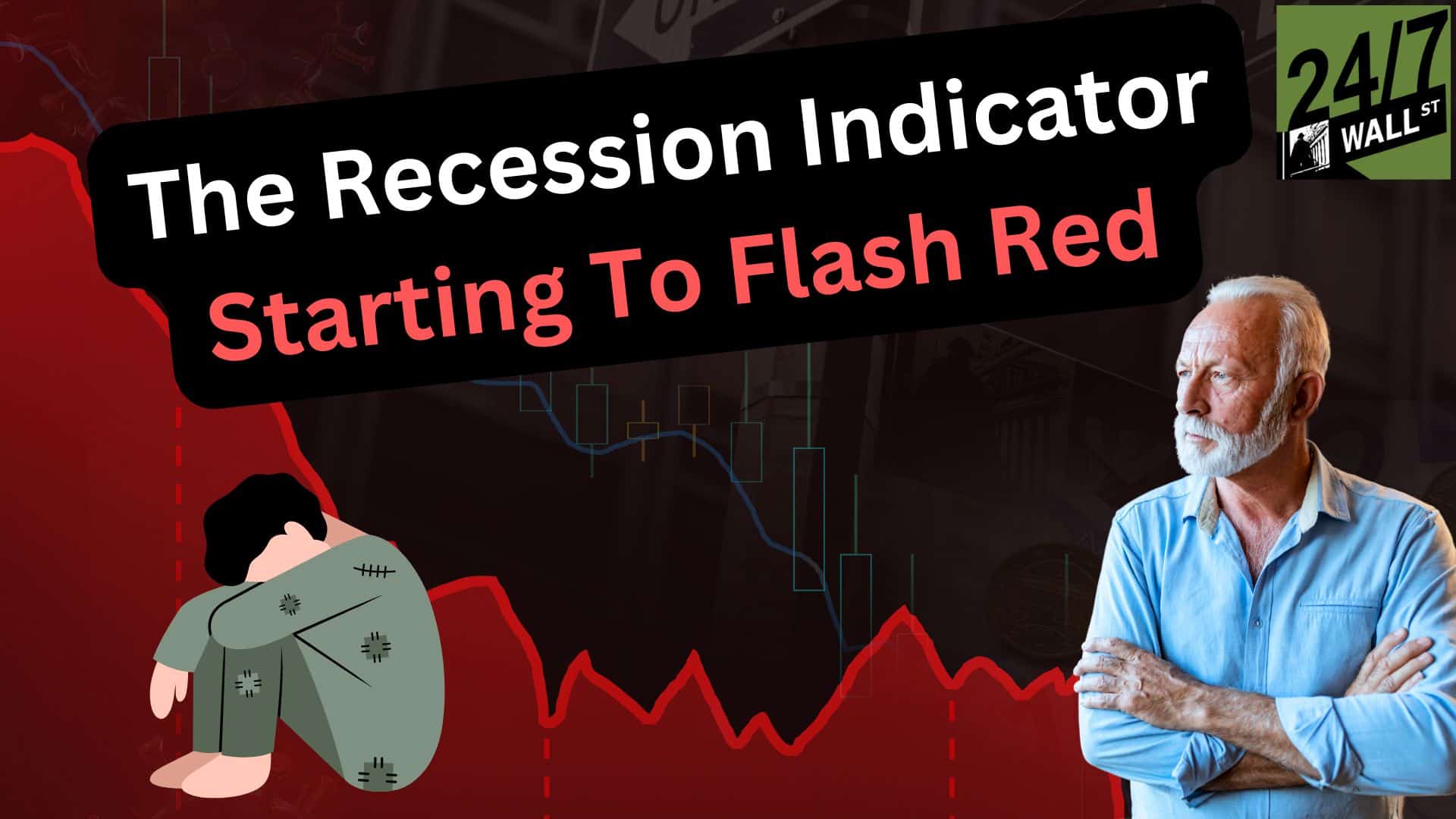
Key Points:
- Broad layoffs could indicate an imminent recession.
- Past interest rate hikes may still impact the economy.
- Investors should watch layoffs as a recession signal.
- One of the best ways to protect yourself in a downturn is high-quality dividend stocks. Smart money is scooping up these two dividend legends before word gets out.
Douglas and Lee discuss the potential signs of an impending recession, particularly focusing on the possibility of significant layoffs across various industries as a key indicator. They explain that a broad wave of layoffs would suggest that a slowdown is already happening, even if it hasn’t been officially declared. They also touch on how the effects of interest rate hikes take time to filter through the economy, meaning the full impact might still be unfolding. The conversation highlights that while interest rates may gradually decrease over the next two years, they are unlikely to return to the extremely low levels that contributed to the current economic challenges
Transcript:
This is the way I would look at it.
If you start to see layoffs over the course of the next few weeks, and by layoffs, I mean big layoffs, big companies.
Right, right.
Not seasonal or whatever.
If you start to see those and you start to see them across a myriad of industries, I think it means that the slowdown is not just coming, it’s here.
And it is true with many recessions.
You don’t know you’re in a recession until you look back and they give the official recession of the economy contracting, GDP contracting two quarters in a row.
Which it did a couple of years ago, but they didn’t want to acknowledge that it was truly a recession.
But it did happen.
So, I don’t know.
Goldman Sachs, I think, took the chances there’d be a recession up to 25% recently.
There are more and more smart people on Wall Street.
They’re not saying there’s going to be a recession, but they’re upping the odds.
You know, the odds that it’s going to happen.
So keep an eye on everybody.
And one thing that has always been pointed out for years, for at least all the years I’ve worked in the business, is that even though there was a huge increase of 500 basis point increase in the Fed funds rate from zero to five and a quarter to five and a half, those…
Those incremental increases, they don’t hit right away.
It takes a while for that increase to work its way into the system.
So even though it’s been some time since the last raise, I think it’s been a year since the last increase to five and a quarter, five and a half…
That doesn’t mean that those have all been worked in and through the economy.
So we got to keep an eye on this.
Well, to your point, it also hasn’t worked its way all the way.
If they change and they lower, that’s not going to make its way through the whole economy the next day.
It’s not going to hit the switch and interest rates across everything suddenly change.
So I think that the layoff story, to me, is, if I were you, I were an investor, I’d be looking and I’d be saying…
If this becomes broad, that means that there’s a recession coming or a chance of one.
And I have to ask myself, where do I want to be positioned in the market?
I think there’s a rising chance of a recession.
Right. Absolutely.
Absolutely. And again, the interest rates will go down consistently over the next two years.
But the base, you know, guess by most strategists…
We drop maybe to three and a half percent for Fed funds, but it ain’t going back to two percent or one percent or zero.
It’s not going back there because that got us into the mess we’re currently in.
Take Charge of Your Retirement In Just A Few Minutes (Sponsor)
Retirement planning doesn’t have to feel overwhelming. The key is finding expert guidance—and SmartAsset’s simple quiz makes it easier than ever for you to connect with a vetted financial advisor.
Here’s how it works:
- Answer a Few Simple Questions. Tell us a bit about your goals and preferences—it only takes a few minutes!
- Get Matched with Vetted Advisors Our smart tool matches you with up to three pre-screened, vetted advisors who serve your area and are held to a fiduciary standard to act in your best interests. Click here to begin
- Choose Your Fit Review their profiles, schedule an introductory call (or meet in person), and select the advisor who feel is right for you.
Why wait? Start building the retirement you’ve always dreamed of. Click here to get started today!
Thank you for reading! Have some feedback for us?
Contact the 24/7 Wall St. editorial team.





